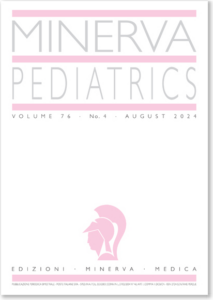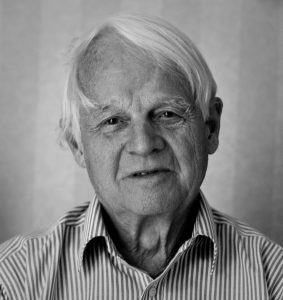An article estimating how many people might have died during the first wave of the COVID-19 pandemic due to the off-label use of hydroxychloroquine in hospitals was retracted in August after advocates for the drug launched a campaign criticizing the study.
French media have reported criticism of the retraction as inappropriate, and speculation the journal caved to pressure from hydroxychloroquine advocates.
In a statement to Retraction Watch, the journal stood by its decision to retract the article due to “some clear fatal flaws” identified in letters to the editor, which it said it declined to publish due to their tone it deemed “not suitable for publication in a scientific journal.”
Continue reading How an article estimating deaths from hydroxychloroquine use came to be retracted








